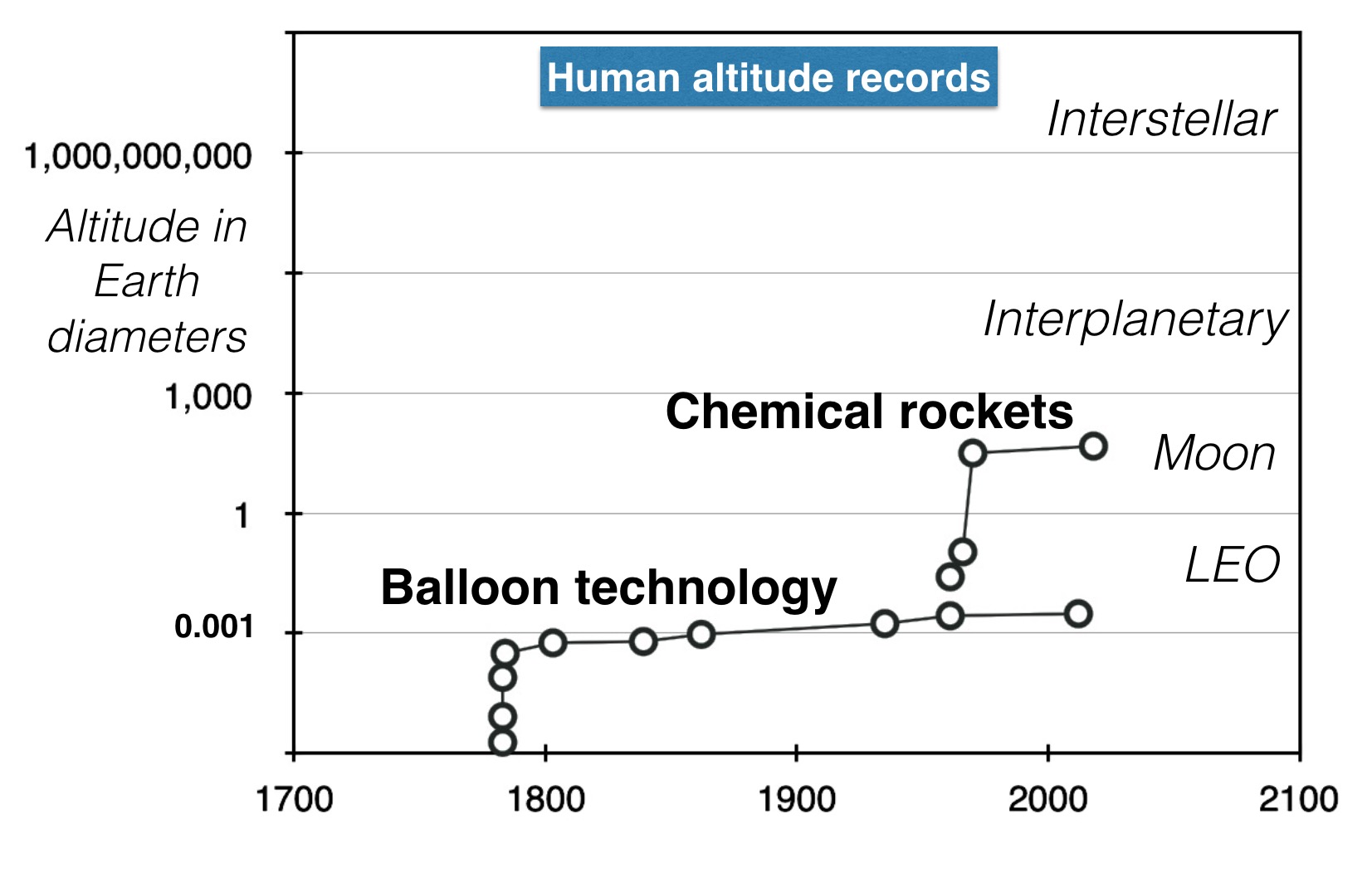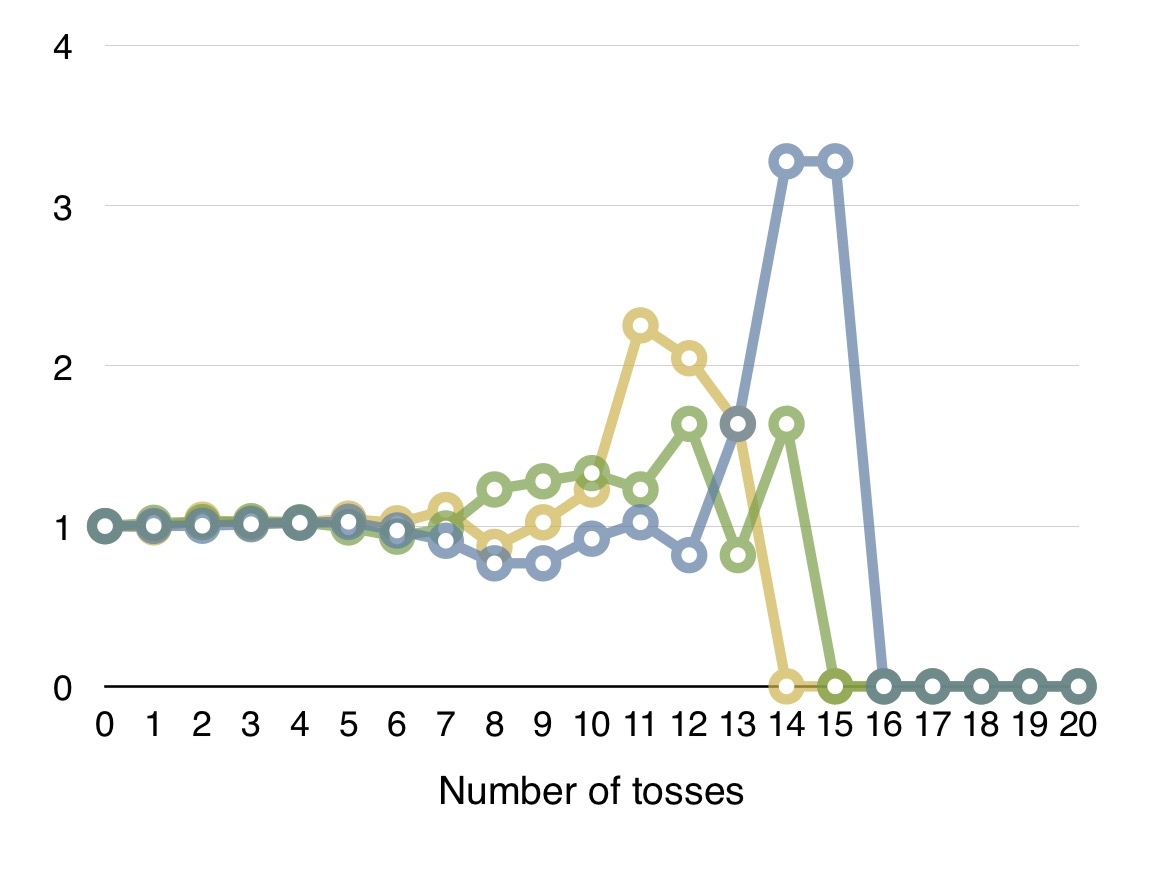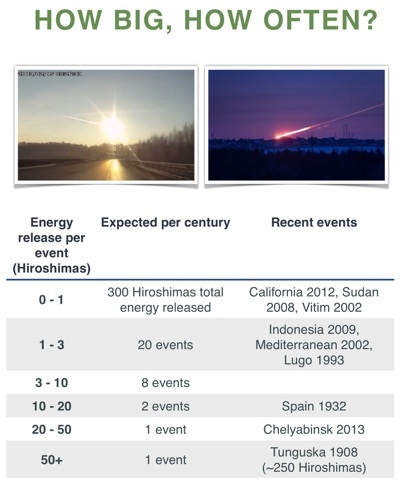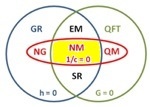 Why SpaceX Won't Turn Us Into A Multi-planetary Species
Why SpaceX Won't Turn Us Into A Multi-planetary Species Anyone announcing the successful sale of tourist trips around the moon would attract ridicule and...
 Rational Suckers
Rational SuckersWhy do people skip queues, cause traffic jams, and create delays for everyone? Who are these misbehaving ...
 Triple Or Bust: Paradox Resolved
Triple Or Bust: Paradox ResolvedA few days ago I discussed the coin toss game ‘triple or bust‘. The game is between Alice and...






 1:1 In the beginning Newton declared space and time. 1:2 And space was without form, and void; and darkness was upon the face of the deep. 1:3 And Newton said, Let there be force: and there was force. 1:4 And Newton saw the force, that it was good: and Newton divided force from straight motion. 1:5 And Newton called force change of momentum, and straight motion he called momentum conservation. And the evening and the morning were the first day.
1:1 In the beginning Newton declared space and time. 1:2 And space was without form, and void; and darkness was upon the face of the deep. 1:3 And Newton said, Let there be force: and there was force. 1:4 And Newton saw the force, that it was good: and Newton divided force from straight motion. 1:5 And Newton called force change of momentum, and straight motion he called momentum conservation. And the evening and the morning were the first day.


.png)

